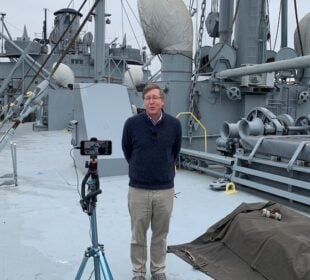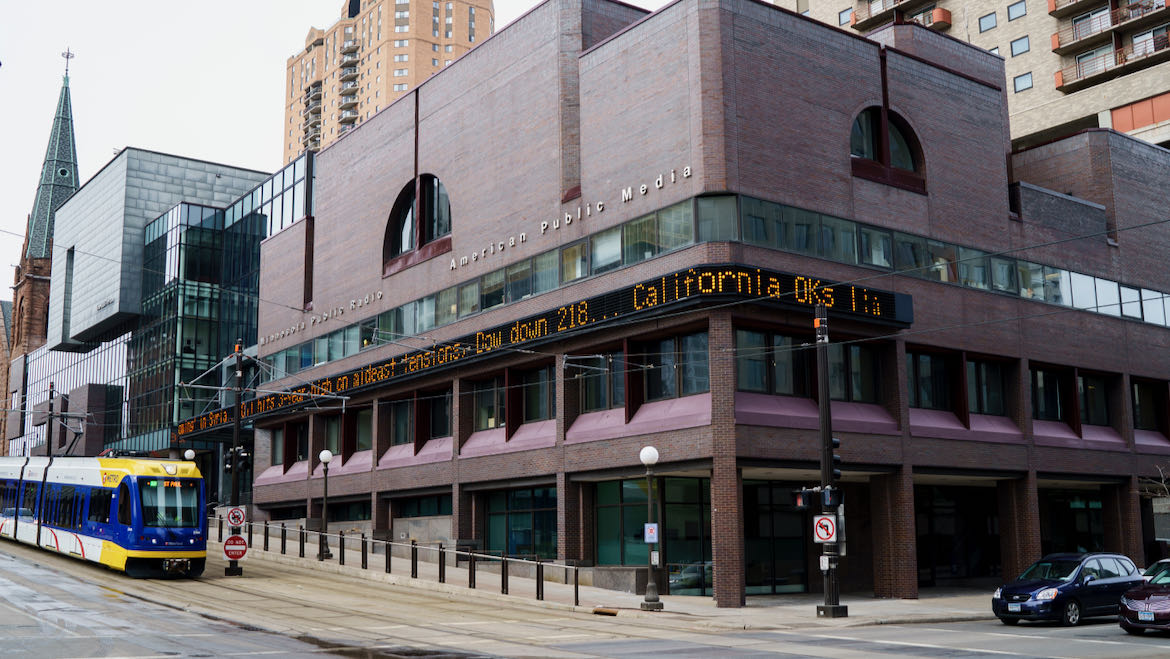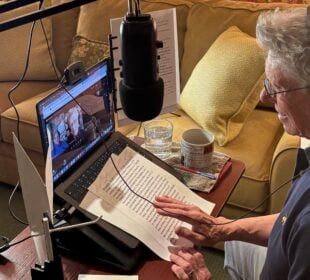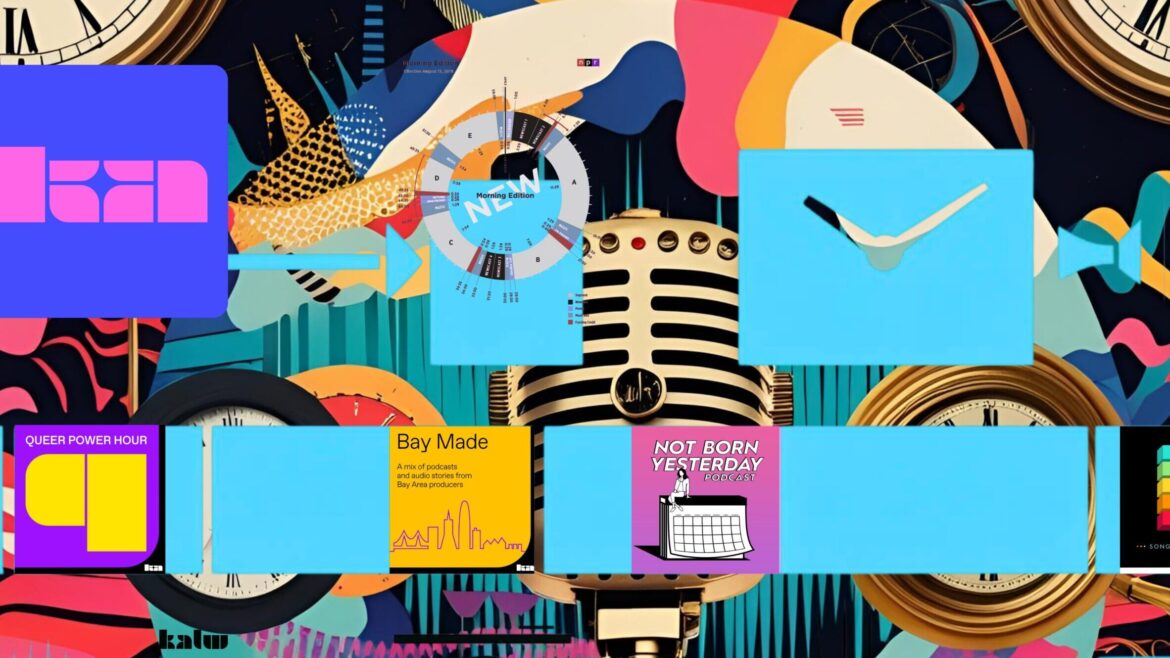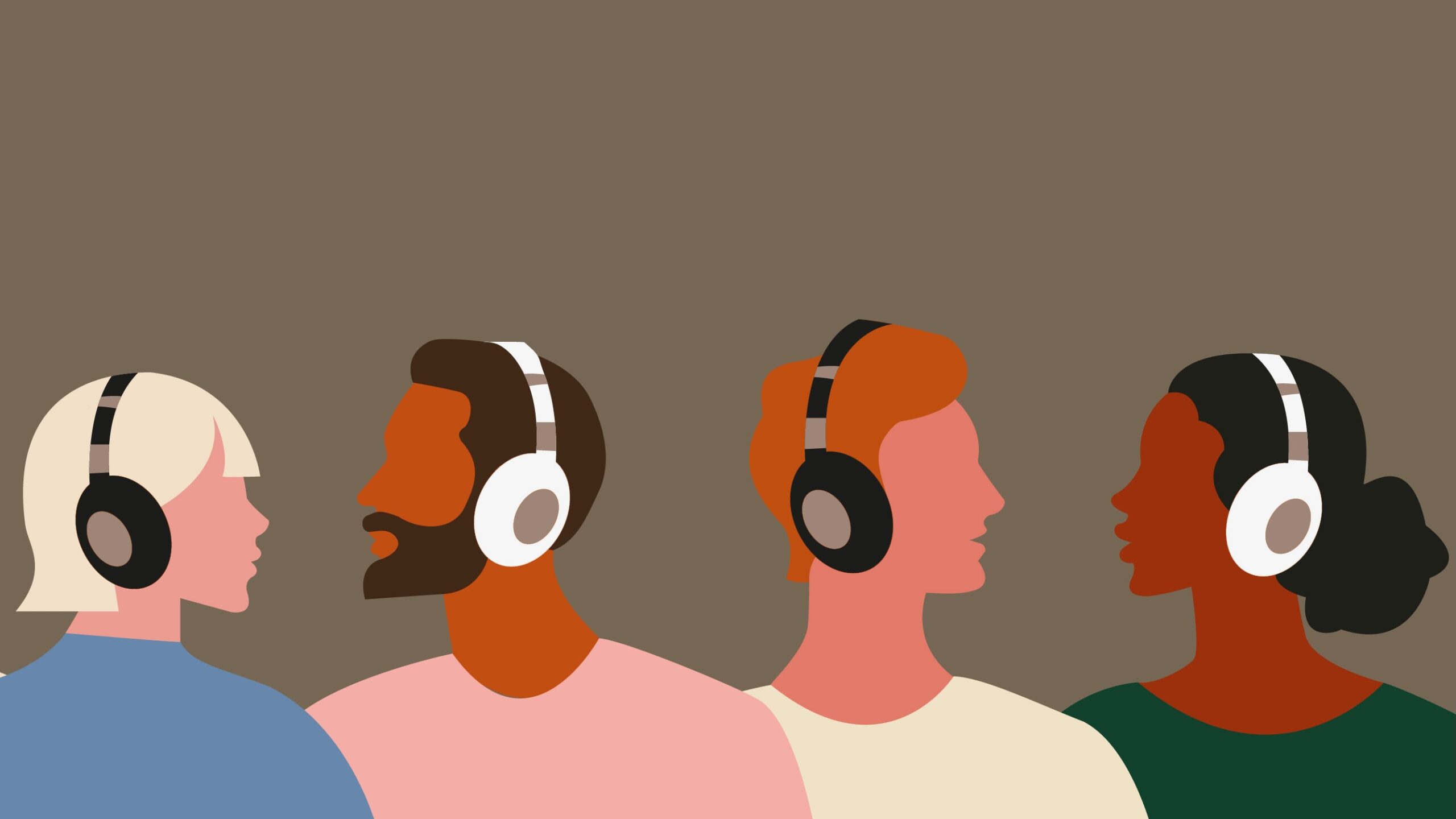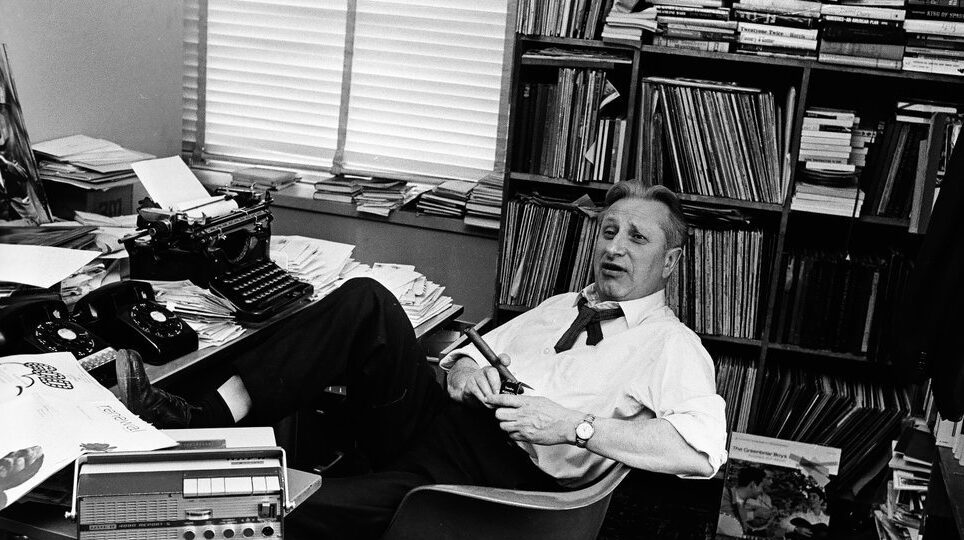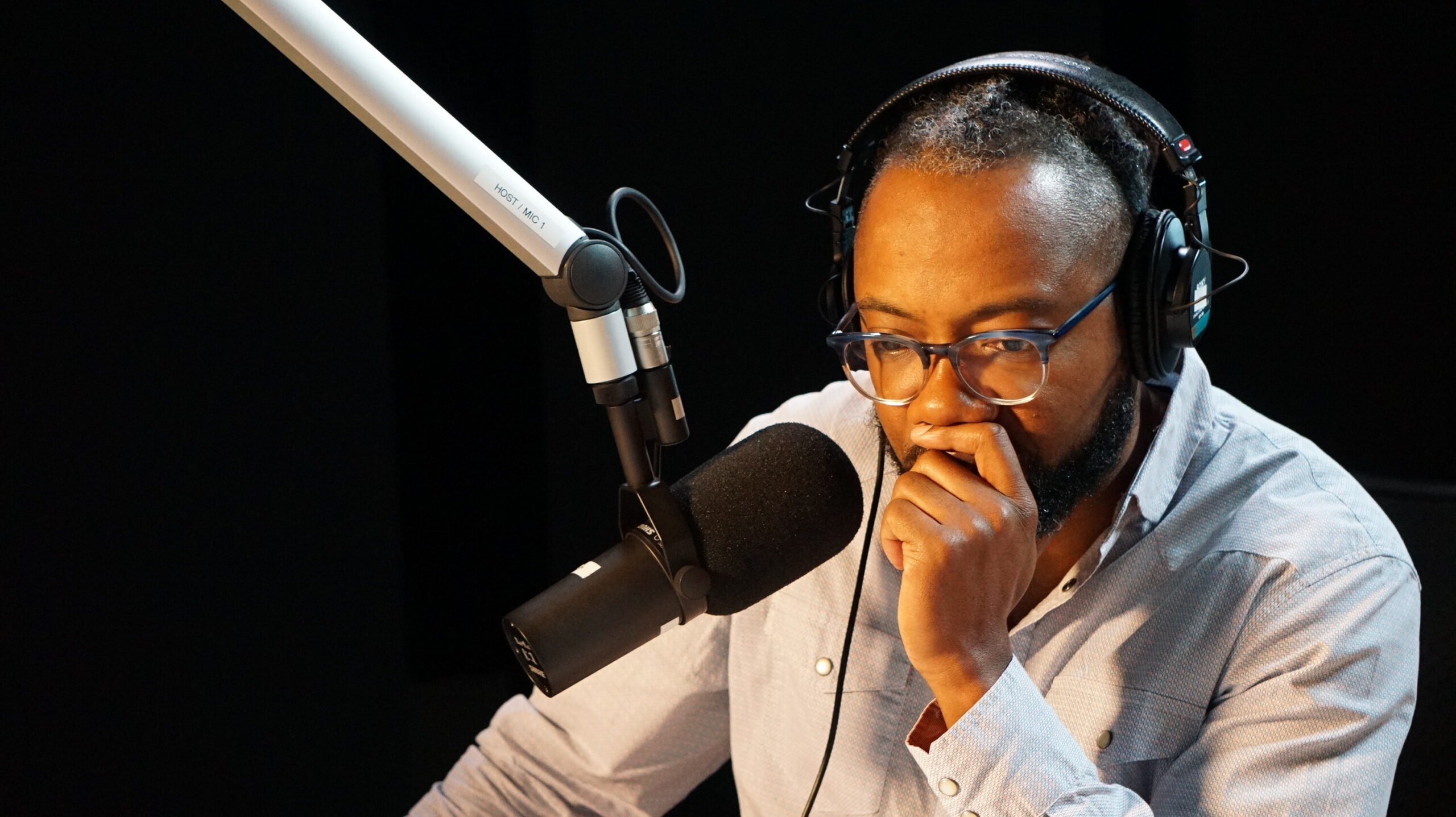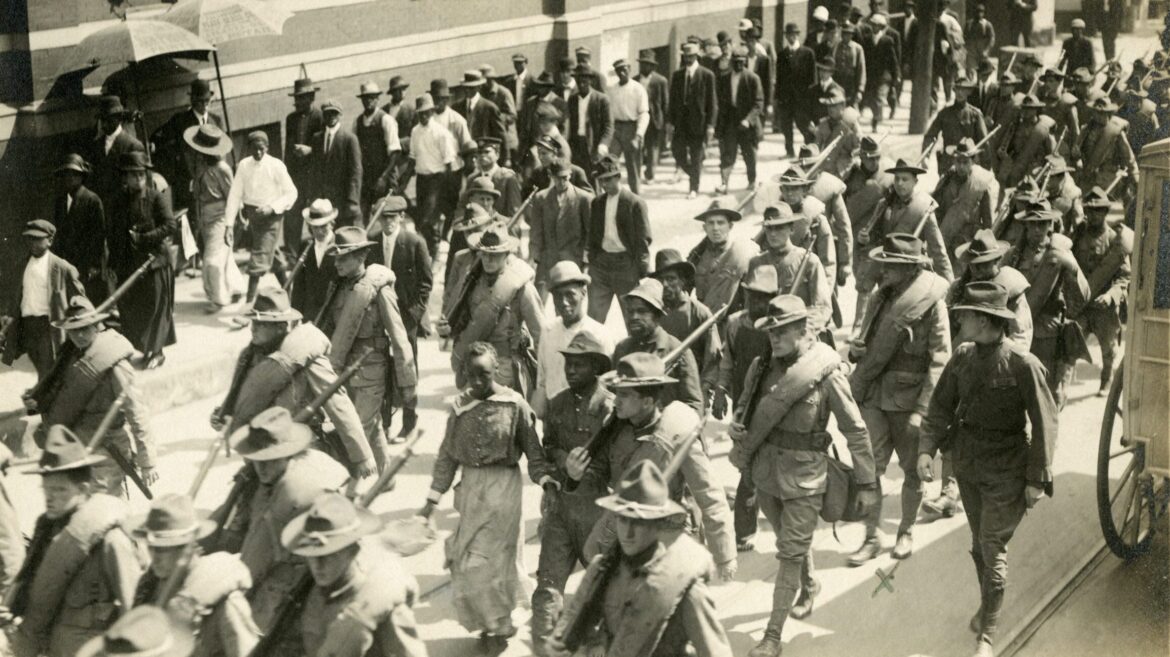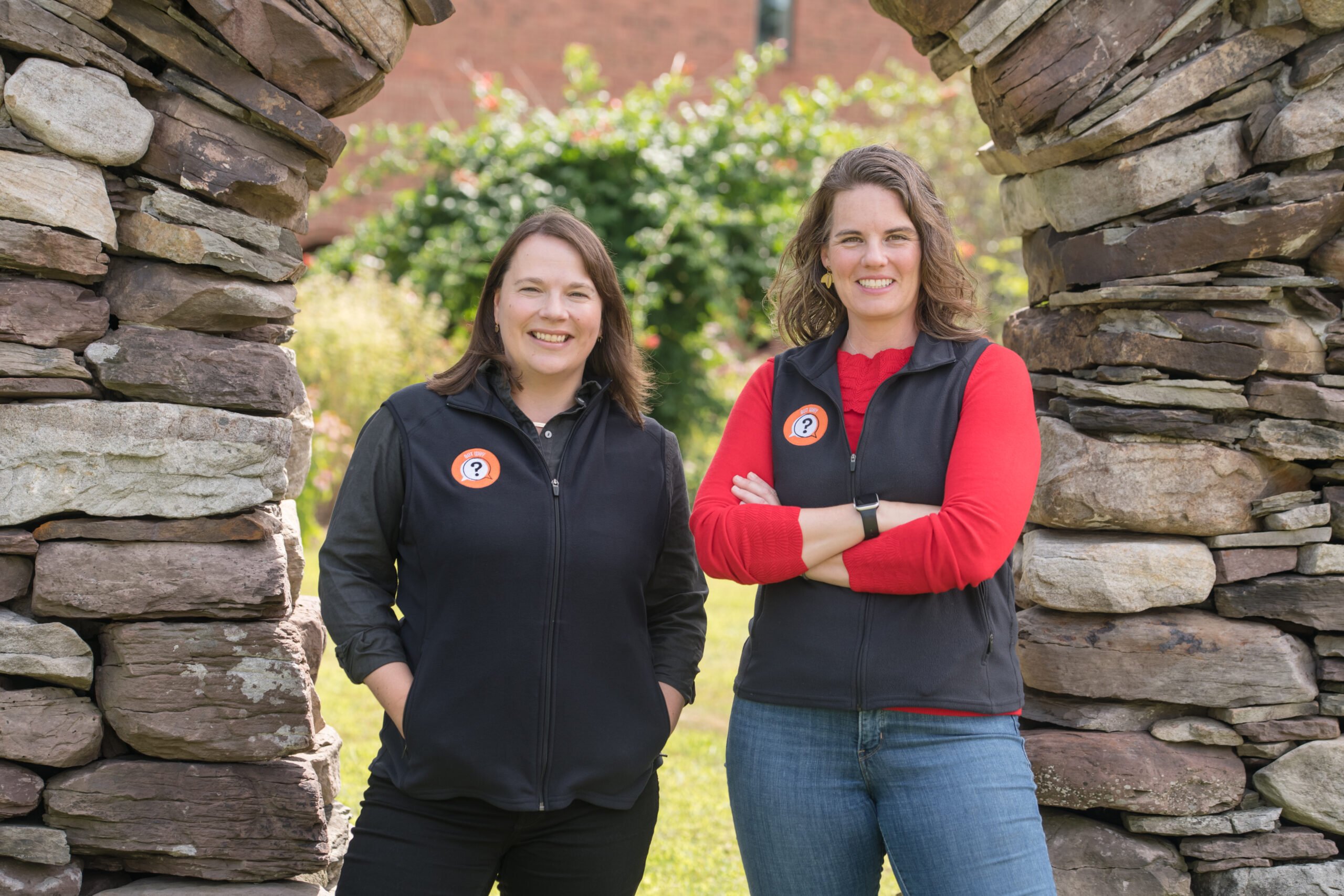Tag: podcasts
How YouTuber Johns Hopkins brings stories of Baltimore history to WYPR
Editing his histories to broadcast length requires “a lot of discipline,” says Hopkins. “Every word has to be useful because we don’t ...APMG sells ‘Brains On!’ podcast to co-creators
The first episode of Brains On! under new ownership will be released later this month.‘Ye Gods’ show invites celebrities to discuss the rules that guide their lives
Veteran TV producer Scott Carter brings his lifelong fascination with theological questions to public radio.How necessity became the mother of invention for KALW
Limited resources inspired a creative new programming model that prioritizes locally produced content.Empathy machines: ‘This American Life’ and the public radio structure of feeling
The concept of the “empathy machine” is a useful way to think about the very particular relationship to talking about feelings pioneered ...‘The Daily’ adds two co-hosts
Former co-host Sabrina Tavernise moved back to reporting.Futuro Media launches subscription tiers with ad-free listening
Futuro+ is designed for audiences who want to support independent fact-based media “that sounds and looks like them,” says co-CEO Marlon Bishop.‘This Old House’ comes to public radio
"This Old House Radio Hour" debuts March 22.‘Division Street Revisited’ introduces Studs Terkel to the podcast generation
Chicago journalists Melissa Harris and Mary Schmich teamed up to discover what happened to people who spoke to Terkel of their hopes ...New ‘Reveal’ podcast hosted by Al Letson aims to expand audience with timely interviews
"We'd like to talk to people who are looking at the shape of America, who are in the midst of it," Letson ...Podcast about Georgia’s Forsyth County explores legacy of town’s racist history
“1912,” a podcast from the Atlanta History Center and WABE, traces descendants of Black people who fled racist mobs and night riders. ...How ‘Radio Ambulante’ is sparking connections with in-person Listening Clubs
Radio Ambulante Studios received funding this year to convene new Listening Clubs focused on issues of importance to Latino voters.CPB grant funds access for 30 stations to PRX podcast platform
PRX’s Dovetail helps stations distribute content through podcast platforms and aids with ad delivery, audience data and fundraising opportunities.Children’s podcast clubs grow membership for WBUR, Vermont Public
A new membership program for Vermont Public’s "But Why" children’s podcast is bringing in new donors.New podcast from Brian Reed probes big questions about journalism
“The show is me having a midlife career crisis as a journalist,” says Reed, host and EP of “Question Everything,” a biweekly ...


